Terra
The Terra Blockchain Consensus Algorithm
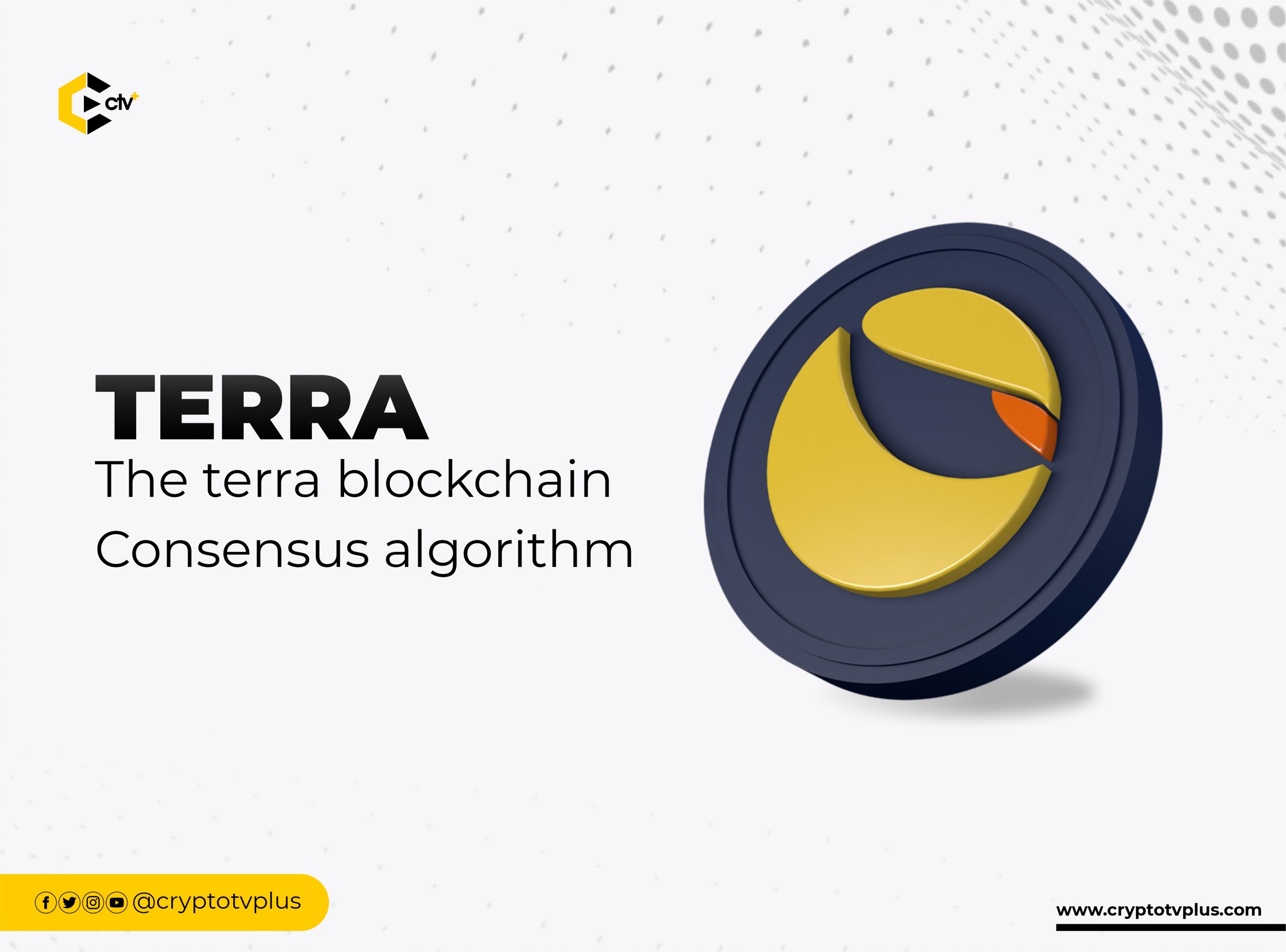
Terra is an algorithmically-governed stablecoin platform to which a collection of fiat-pegged tokens and a stabilizing crypto asset- Luna, are native.
Terra blockchain is secured using a Proof-of-Stake Consensus Algorithm(mechanism), powered by the Cosmos SDK and secured by a system of verification called the Tendermint consensus, in which LUNA token holders stake their tokens as collateral to validate transactions, receiving rewards in proportion to the amount of LUNA staked.
Token holders may also delegate others to validate transactions on their behalf, sharing in any revenue generated.
In different terms, Terra employs the use of Delegated Proof-of-Stake, its core is based on Tendermint, which relies on a set of validators that are responsible for committing new blocks in the blockchain.
These validators participate in the consensus protocol by broadcasting votes which contain cryptographic signatures signed by each validator’s private key.
Validator candidates can bond their own Luna and have Luna ‘delegated’, or staked, to them by token holders. The Mainnet has 100 validators, but over time this will increase to 300 validators according to a predefined schedule.
The validators are determined by who has the most stake delegated to them, the top 100 validator candidates with the most stake become Terra validators.
How Tendermint Consensus Works
- A validator(called a proposer) is chosen to submit a new block of transactions.
- Validators vote(in two rounds) on whether they accept or reject the proposed block. If a block is rejected, a new proposer is selected and the process starts again.
- If accepted, the block is signed and added to the chain.
- The transaction fees from the block are distributed as staking rewards to validators and delegators. Proposers get rewarded extra for their participation.
This process is recurrent, adding new blocks of transactions to the chain. Each validator has a copy of all transactions made on the network, which they compare against the proposed block of transactions before voting.
Because multiple independent validators take place in consensus voting, it is impossible for any false block to be accepted. In this way, validators protect the integrity of the Terra blockchain and ensure the validity of each transaction.
Validators and their delegators earn the following fees:
Compute fees
To prevent spamming, validators may set minimum gas fees for transactions to be included in their mempool. At the end of every block, the compute fees are disbursed to the participating validators proportionately to stake.
Stability fees
To stabilize the value of Luna, the protocol charges a small percentage transaction fee ranging from 0.1% to 1% on every Terra transaction, capped at 1 TerraSDR. This is paid in any Terra currency, and is disbursed according to the calculated share of stake at the end of every block in TerraSDR.

Seigniorage Rewards
Validators that participate in the Exchange rate oracle get a portion of Seigniorage if they faithfully report and win the ballot.
Read Also
Understanding Solana, it’s Proof of History & Smart Contract
Understanding the Ethereum Consensus Protocol Proof of Work (PoW)
Apart from revenue, there are scarcity inducements;
Swap Fees: This is charged on atomic swap transactions between Luna and any Terra currency, which is burned and creates scarcity in Luna and indirectly rewards validators. Validators can also set commission on the fees their delegators receive as additional incentive.
If validators are frequently offline or do not participate in governance, their staked Luna (including Luna of users that delegated to them) can be slashed. The sanction depends on the severity of the violation.
What do you think of this article? Let’s hear from you in the comment box!



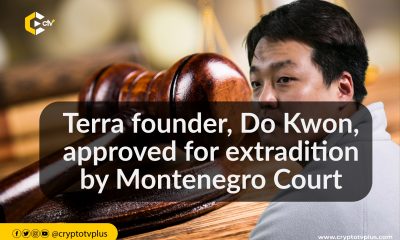

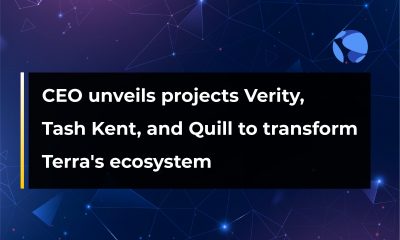





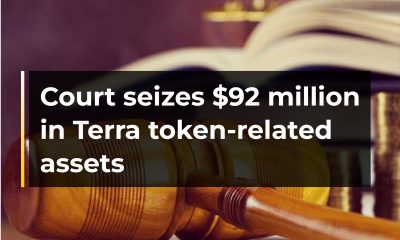

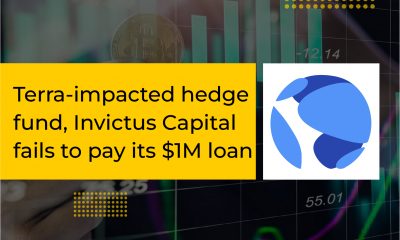











Pingback: The Terra Blockchain Consensus Algorithm by Marvelous Akpere – CryptoTvplus Events: NFT, DeFi, Bitcoin, Ethereum, Altcoin Events